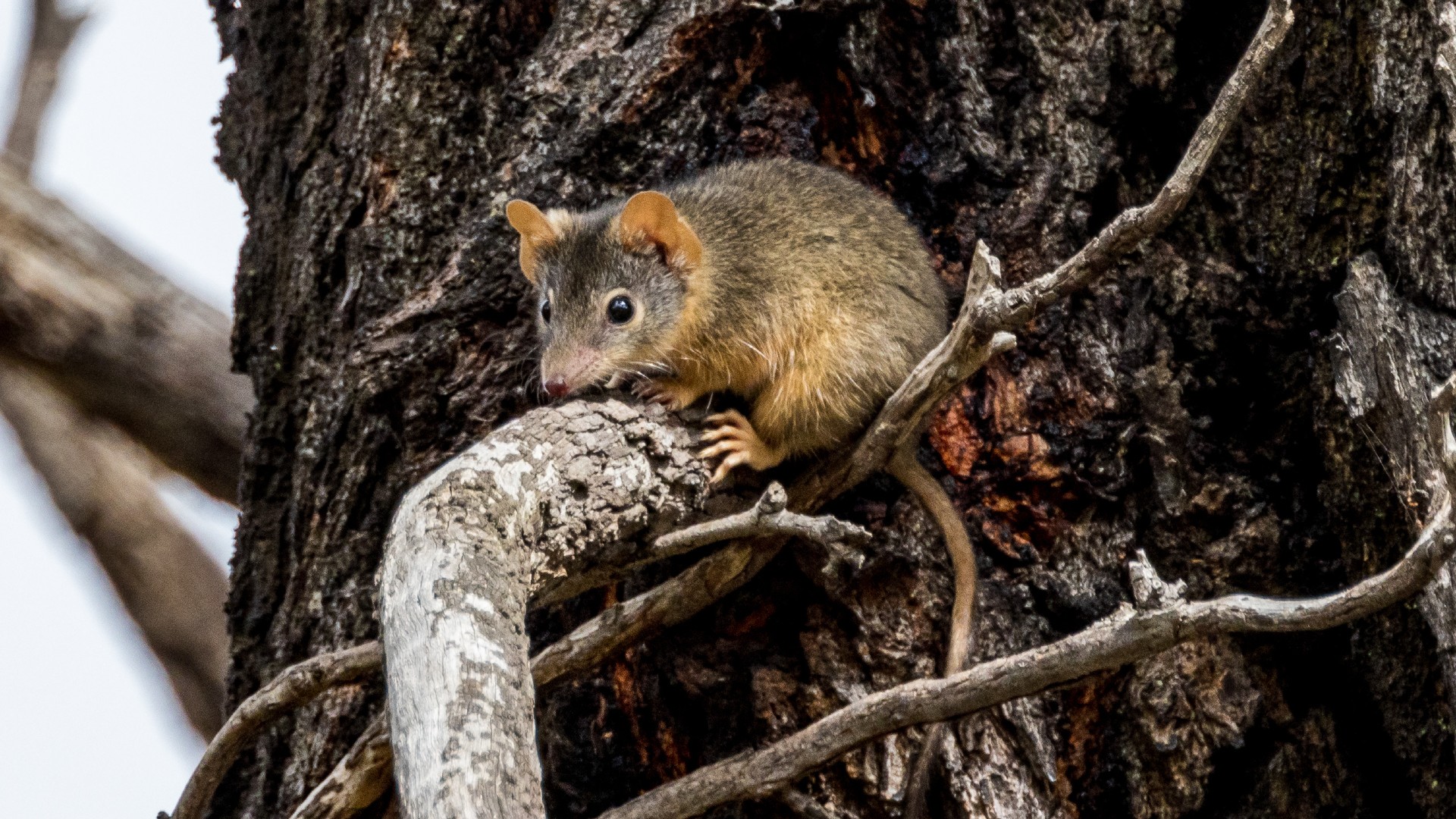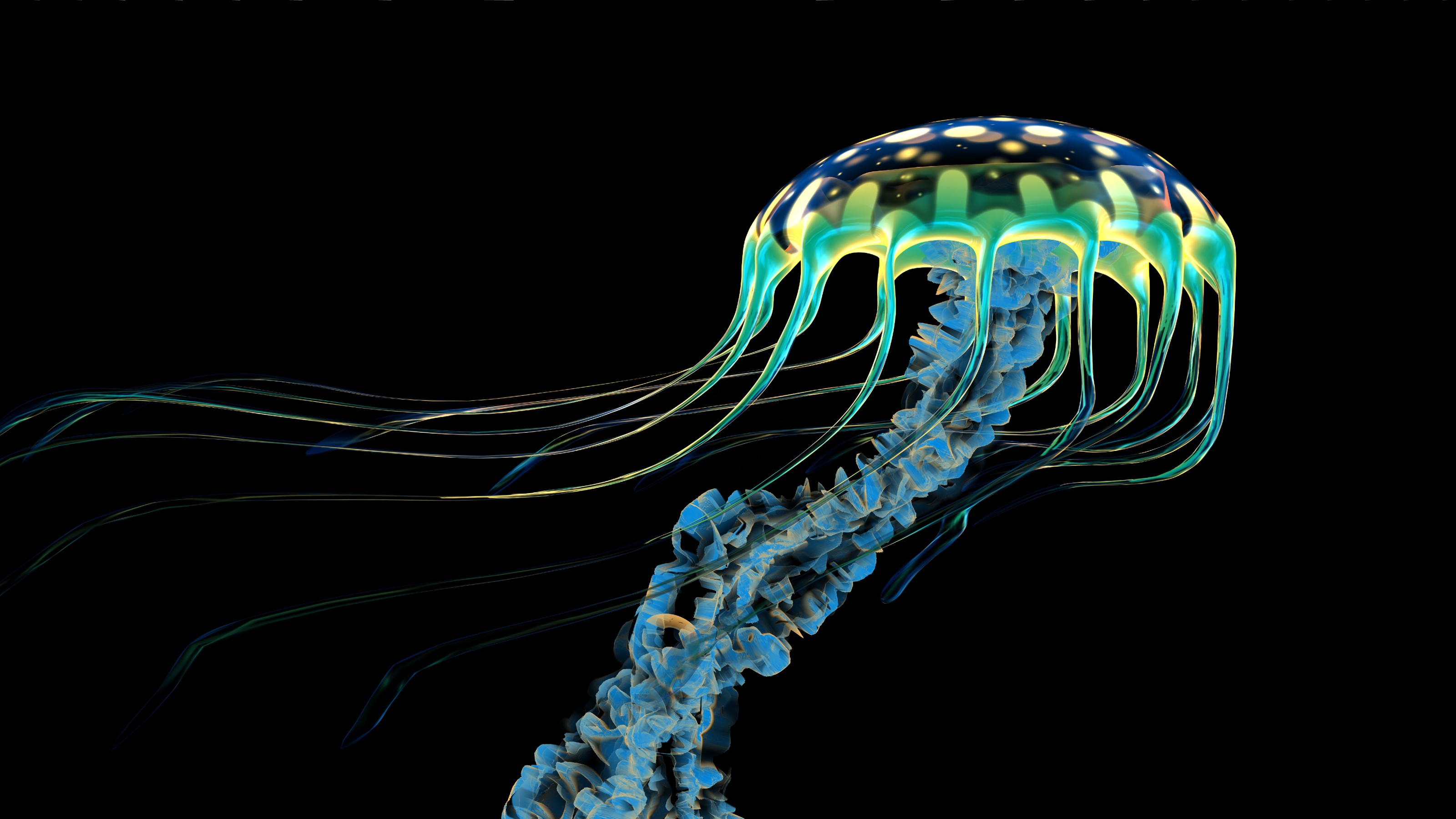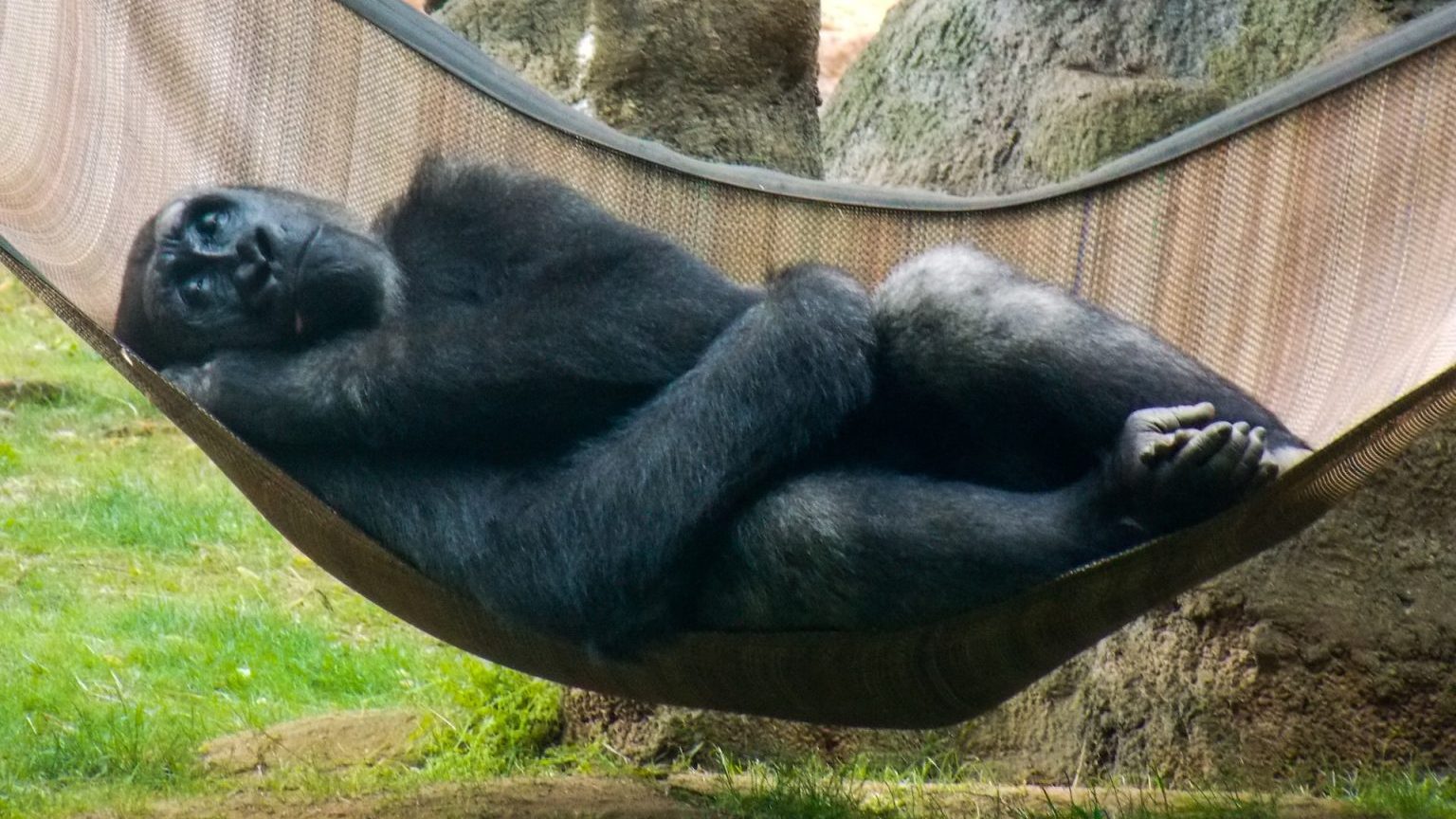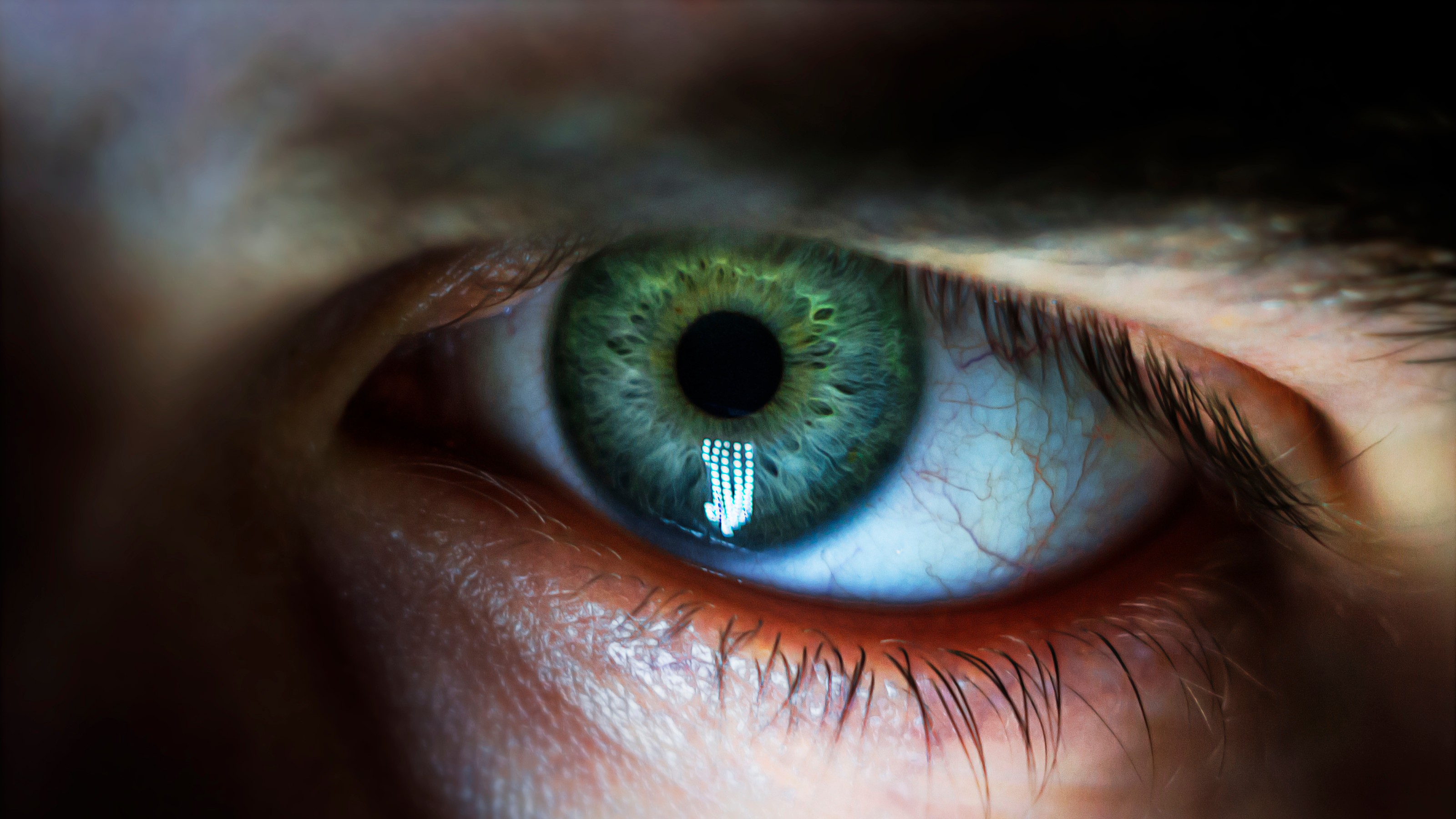How sleep deprivation helps some animals outperform the competition

- From elephants to dolphins, many species will sacrifice sleep for a competitive edge against predators or other members of their species.
- Adaptive plasticity has emerged as an explanation for how animals can function on less sleep.
- This suggests that sufficient sleep is determined by multiple factors and not simply the hours of shut eye.
Antechinus, a mouse-like marsupial found in Australia, is a rarity among mammals. At the end of each mating season, the males all die at once. This fate means they only get to breed once in their lifetimes, while the females may survive a couple of additional mating seasons. Naturally, the males make the most of their mortal Mardi Gras.
In a paper published in Current Biology, researchers found that male antechinuses will sacrifice sleep to out-mate each other. On average, they stayed awake an extra three hours a day compared to their pre-breeding habits. One frisky fellow cut his sleep schedule in half to keep the party going.
It’s not the weeks of sleep deprivation that kill either. In the study, two of the ten males who died synchronously didn’t lose the most sleep, and in captivity, some males survived longer but became sterile. What causes them to die remains a mystery — though the researchers suggest it could be an environmental trigger.
But while male antechinuses trade sleep in a reproductive gamble, it doesn’t seem to impact their performance. In fact, antechinuses aren’t the only animals that manage some extreme feats despite a lack of sleep.

Sleep deprivation across the animal kingdom
African elephant matriarchs have been observed sleeping as little as two hours a day — some even going sleepless for as long as 46 hours a stretch. That is because elephants need to graze often, while the matriarchs keep a watchful eye for predators. On the other hand, captive elephants are known to enjoy six hours of restful Z’s a day from the safety of their enclosures.
As steep as elephant sleep deprivation can be, they have nothing on dolphins. Mother dolphins and their newborn calves won’t sleep for a month after the birth. Once again, this serves as a defense mechanism against predators, but the constant movement has a beneficial side effect, as well. It helps the calves maintain their body temperature until they can build up the layer of fatty blubber that will insulate their adult bodies.
But it is certain bird species that have arguably the most extreme of sleep variability. For instance, frigatebirds soar over oceans for weeks on end. While airborne, they will slumber less than an hour a night to maintain the vigilance necessary to ride updrafts and spot prey on the ocean surface. When back on land, they pay off their sleep debt by snoozing for up to 12 hours at a time.

What’s the secret to their sleepy success?
There are several explanations for how animals manage to, well, manage without sleep. They may be paying a physiological cost that biologists have yet to identify, or they may sleep more than scientists think. Chinstrap penguins, for instance, sleep for 11 hours, but it’s difficult to notice because they spread their rest across four-second micro-naps. That’s 10,000 sneaky siestas a day!
More recently, adaptive plasticity has emerged as an explanation for how animals can function at lower-than-usual amounts of sleep. An animal can change its traits in response to changes in its environment. Hibernation is one example of such adaptive plasticity.
Hormones could also enable high activity with little or no sleep. Among antechinuses, males sport high blood steroid levels during the breeding season. This has been suggested as a possible cause of their deaths, but it could also be adaptive plasticity at work. High blood steroid levels could unlock the virile energy that the antechinus males need to go about their sex frenzy.

Do people really need all 40 winks?
From less than an hour a night for frigatebirds to 20 hours per day for koalas, animals display a wide range of sleep diversity. The differences in the amount stem from the differences in their ecological niches. Now, there is growing evidence that individuals of the same species can survive on a wide range of sleep.
Generally, health professionals recommend that adult humans sleep a minimum of seven hours a night and limit interruptions. But could both the duration and timing be flexible? Elephant sleep ranges from two interrupted hours of standing sleep in the wild to six hours lying down in a zoo. And even though sleep is considered vital for creating memories, elephants have the most remarkable memories.
Many night owls — the people, not the birds — report heightened focus around midnight and, if they get sufficient sleep, no drowsiness during their waking hours. If humans can also thrive on varied amounts of sleep, could the ill effects of not sleeping a fixed number of hours or staying awake at night be down to other factors? For instance, multiple studies attribute low sleep and midnight wakefulness to mental and metabolic diseases (though few of these have established any causal links).
The examples from the wild ask for a rethink of the links between sleep and human health and longevity. In animal studies, researchers hope to find clues about the physiological adaptations that animals make to compensate for loss of sleep.





